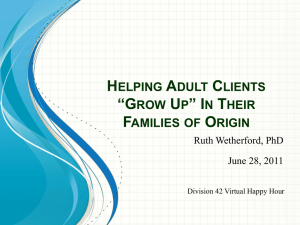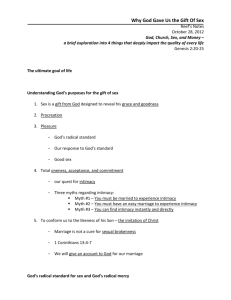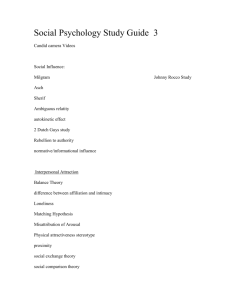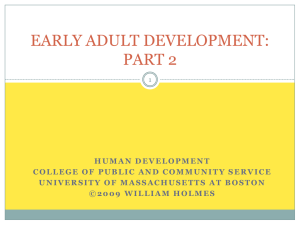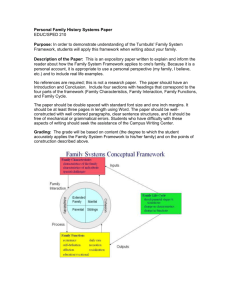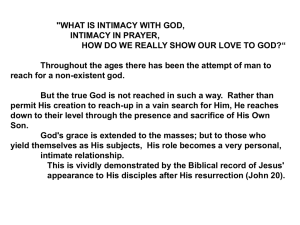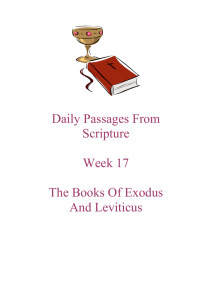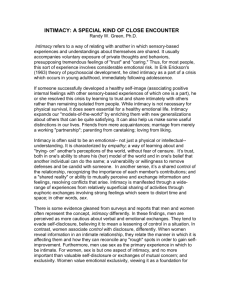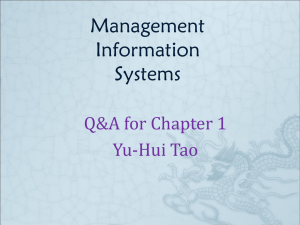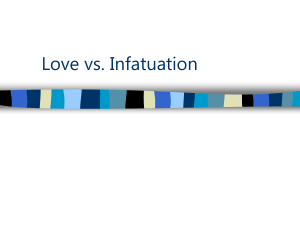MIGRATIONS, MOBILITIES, CITIZENSHIP: DIALOGUES ACROSS
advertisement
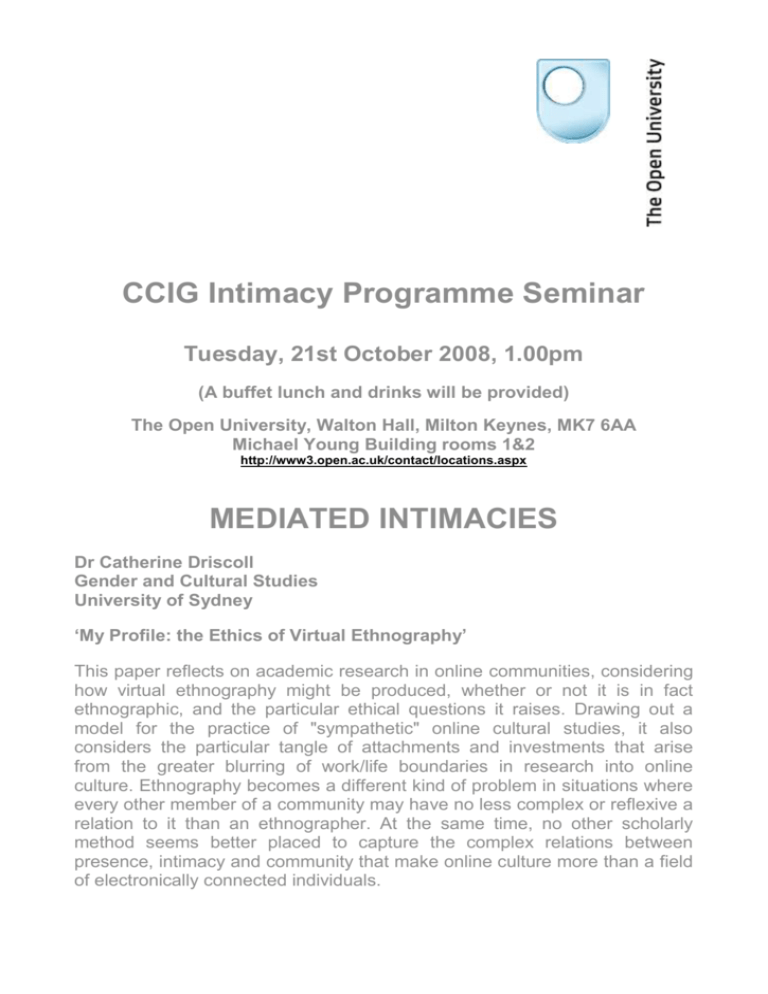
CCIG Intimacy Programme Seminar Tuesday, 21st October 2008, 1.00pm (A buffet lunch and drinks will be provided) The Open University, Walton Hall, Milton Keynes, MK7 6AA Michael Young Building rooms 1&2 http://www3.open.ac.uk/contact/locations.aspx MEDIATED INTIMACIES Dr Catherine Driscoll Gender and Cultural Studies University of Sydney ‘My Profile: the Ethics of Virtual Ethnography’ This paper reflects on academic research in online communities, considering how virtual ethnography might be produced, whether or not it is in fact ethnographic, and the particular ethical questions it raises. Drawing out a model for the practice of "sympathetic" online cultural studies, it also considers the particular tangle of attachments and investments that arise from the greater blurring of work/life boundaries in research into online culture. Ethnography becomes a different kind of problem in situations where every other member of a community may have no less complex or reflexive a relation to it than an ethnographer. At the same time, no other scholarly method seems better placed to capture the complex relations between presence, intimacy and community that make online culture more than a field of electronically connected individuals. Tracey Jensen-Open University “Just carry on as if we’re not here” - mediated intimacy, authenticity and actuality “To understand your own family…you have to watch this one” (Promotion for ‘The Family’, Channel 4, September 2008) The public appetite for private lives seems to be insatiable. From bestseller lists populated by confessional autobiography, to television schedules bursting with reality formats, the staging of selfhood apparently remains a staple of contemporary culture. Quips such as “subjectivity is our only certainty and sorrow our greatest claim to heroism” (N. Gerrard, 1997, quoted in J. Dovey 2000:23) attempt to capture both the cultural shift from stoic rationality to affective intimacy with representational platforms, and the promises of self-knowledge that lurk within often voyeuristic and intrusive media practices. ‘The Family’ is just the latest example in a wide assortment of television that promises to yield ‘intimacy’ with the people on the screen. In this paper, I examine the promises of televisual intimacy, how it functions as a warranty or ‘money shot’ of ‘authenticity’ (Grindstaff, 2002) and how ‘intimacy’ is produced through a range of technologies and practices, which rely on a somewhat-reflexive ‘forgetting’ of the camera. I explore whether the notion of ‘actuality’, rather than ‘reality’, (Skeggs, Wood and Thumim, 2008) is a better tool for thinking through the guarantees of this ‘intimacy’. Richendra Gambles - Discussant The Open University If you would like to attend, please contact Kelly Weekes, CCIG Research Centre Secretary, by email mailto:socsci-ccig-events@open.ac.uk or telephone +44(0)1908 632717 2
